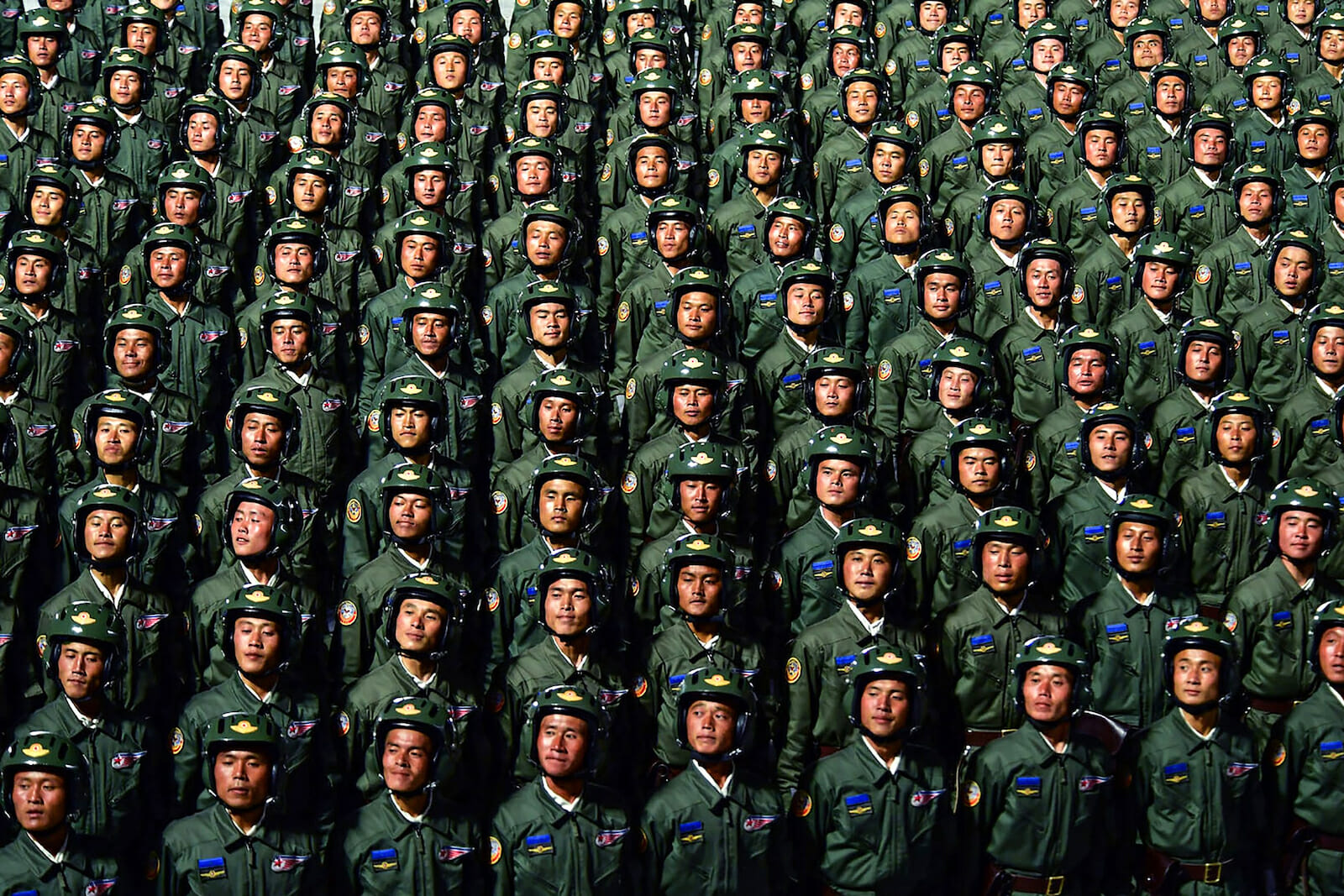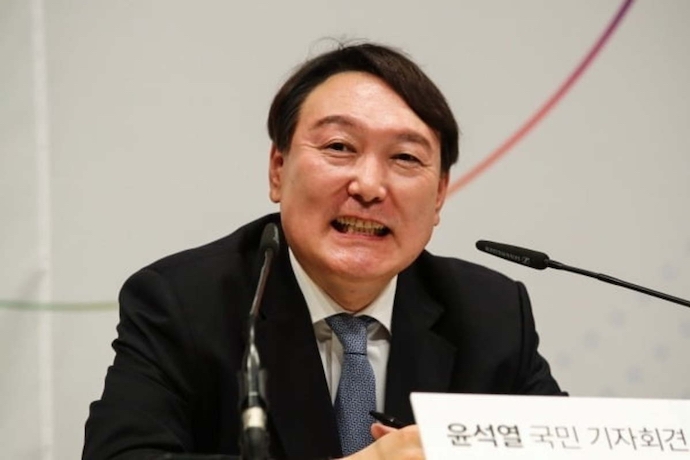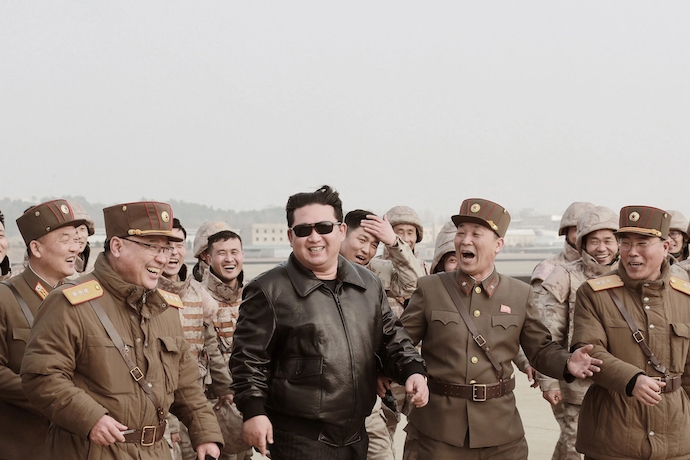
Is North Korea Really the Conundrum?
With North Korea continuing its ballistic missile launches there is a new whirl of growing security concern in Seoul. After a telephone call between Yoon Suk-yeol, the newly elected president of South Korea, and Chinese President Xi Jinping, Seoul expects tight cooperation with China on North Korea. Meanwhile, why have the talks with North Korea stalled, and is there any solution to move them forward?
The “North Korea conundrum” has been a common phrase to describe the long record of unsuccessful U.S. and South Korean rapprochement toward Pyongyang. Why have South Korea and the United States been unable to make any meaningful progress in relations with North Korea since the Korean War armistice in 1953? The answer is as straightforward as it is bewildering: because the “conundrum” is rooted not in North Korea, but in the strikingly opposite views of progressives and conservatives in both South Korea and the United States. Only a united front between Washington and Seoul will move relations forward.

Two times the world has witnessed successful U.S.-South Korea handling of the North Korea problem. The first resulted in the inter-Korean summits of 2000 and 2007. The second gave occasion to the 2017-19 U.S.-North Korea and South Korea-North Korea summit diplomacy. Nevertheless, both times the world also witnessed hefty backsliding immediately afterward. Relations with Pyongyang reached new lows due to political shifts in both Seoul and Washington. North Korea responded by detonating nuclear devices or conducting missile tests – and it continues to demonstrate its missile “muscles.”
The overriding reason why such promising “thaws” ended up with such poor results is internal political division. Conservative presidential administrations in South Korea have consistently opposed any rapprochement with North Korea, whereas progressive presidential administrations have vigorously supported it. Large swings in domestic politics have made the U.S. approach inconsistent. Each step forward toward North Korea is immediately the target of domestic political attack.
If South Korea and the U.S. want to achieve a practical outcome in relations with North Korea, a Joint Commission is the only solution. It must include South Korean progressive and conservative politicians on the one side, and U.S. conservative and liberal politicians from the United States on the other. Creating such a Joint Commission cannot be done easily or overnight. Nevertheless, without this effort, reaching progress on the North Korea issue is unlikely.
The U.S. needs both South Korean political parties’ active support and participation in solving the North Korea problem. Suffice it to say that organizing the historic U.S.-North Korea summits required substantial assistance and consistent endorsement of South Korea. With both South Korean political parties on board, and the U.S. political parties’ internal concord, the U.S. will be able to engage with North Korea more effectively.

In addition, a Joint Commission will have more ability to elaborate plausible policy options with due consideration of each other’s opinions. One prominent Korean expert once emphasized that South Korea-North Korea relations include both reunification and security components that are considered as domestic and international issues respectively. Therefore, during successful U.S.-South Korea cooperation on the North Korea issue during the late 1990s, the policy was mainly successful because of both internal support in South Korea and external encouragement by Washington.
A new approach is needed because the Six-Party Talks on North Korea have been deadlocked since 2009. Multilateral engagement in solving the North Korea problem is no longer feasible. Putting aside Donald Trump’s effusive praise of Kim Jong-Un, normalization of U.S.-North Korea relations is a long-term process that exceeds any presidential term. However, a Joint Commission’s work does not depend on the term of a particular president. A Joint Commission depends on both states agreeing to work together, and taking small consistent steps toward rapprochement with North Korea.
There are concerns that regardless of the approach Washington and Seoul make, North Korea will continue missile launches and nuclear tests. Progress on these existential questions for North Korea is only possible with the lifting of sanctions and security guarantees from the U.S. Such a straightforward and momentous approach is possible only if all parties in Washington and Seoul work together.
An agreed North Korea policy framework within the U.S. and South Korea’s four major political parties and between each other is undoubtedly more advantageous to the U.S. and South Korea than acting on their own. The only solution to the “North Korea conundrum” is crafting and maintaining a consistent joint North Korea strategy that will lead to establishing peace on the Korean Peninsula.

